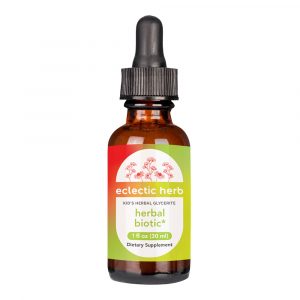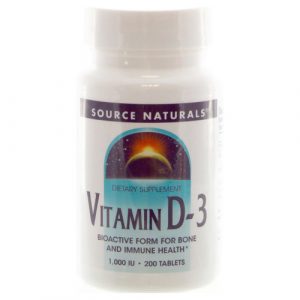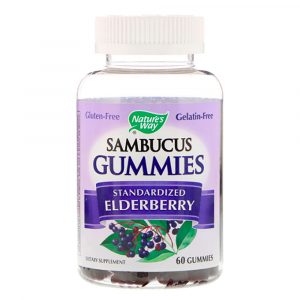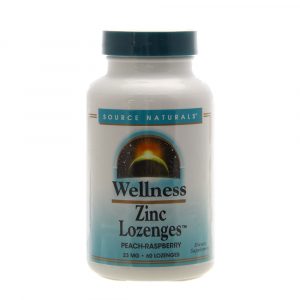Description
The Many Benefits of Vitamin C
Vitamin C is an antioxidant, water-soluble vitamin whose main function in the body is to build and repair tissues, especially the capillaries and collagen. Collagen, a component of connective tissue, helps to hold us together. Cartilage, bone matrix, tooth dentin and skin all require collagen. Vitamin C is also responsible for building tissues in the cornea of the eye and for heart valves and is needed for hormone synthesis and the metabolism of amino acids and steroids. Although Vitamin C has many essential functions our bodies do not make it.
Antioxidants prevent free-radical damage that leads to degenerative disease and accelerated ageing. Vitamins A and E, two other antioxidant vitamins, are recycled by Vitamin C extending their value. Vitamin C also works synergisticlly with Vitamin E. Vitamin E scavenges free radicals within the cell membranes then Vitamin C attacks the free radicals in biological fluids. They are the dynamic duo of antioxidants.
Vitamin C’s antioxidant activity also helps to protect us from toxic pollution, especially lead poisoning. High doses of Vitamin C, which has no known toxicity of its own, can promote the elimination of toxins from the body. It is used by the liver to detoxify drugs and other chemicals plus it blocks the formation of carcinogenic nitrosamines made from nitrates and nitrites found in processed foods.
Vitamin C is necessary for healthy adrenal function and for the production and function of stress hormones. In times of stress including exercise, illness, infection and surgery because our need for Vitamin C increases even as we excrete more of it in the urine. Vitamin C supplements can be useful at such times. In a German study, 1,000 mg of Vitamin C daily resulted in people being able to cope better with psychological stress than those on placebos. There were fewer physical signs of stress (blood pressure and cortisol) as well as subjective mental signs. By the way, using oral contraceptives and smoking are also stressors that increase the need for Vitamin C.
Vitamin C stimulates immune activity and is needed for proper function of the thymus gland. It is antiviral and enhances resistance to infection and disease and can shorten the duration and lessen the severity of symptoms of upper respiratory infections. It can also help relieve the symptoms of asthma and allergies, especially seasonal rhinitis.
Vitamin C promotes cardiovascular health by contributing to capillary integrity and helping to maintain healthy cholesterol levels. It moves serum cholesterol to the liver for elimination and decreases damaging oxidation of LDL cholesterol thereby decreasing the risk of plaque buildup in the arteries while it increases heart-protective HDL levels. Additional cardiovascular benefits include moderation of cholesterol and blood pressure and reduced risk of atherosclerosis.
Vitamin C’s antioxidant activity also helps to protect the eyes. People at risk for glaucoma, cataracts, age-related macular degeneration and other vision disorders may want to supplement with Vitamin C in combination with the other antioxidant nutrients Vitamin E, beta-carotene and zinc.
Vitamin C can also reduce colon polyps in number and area. It protects against abnormal blood clotting and bruising. Recovery from injury and surgery are faster with Vitamin C which promotes healing of wounds, burns and fractures. Vitamin C can be helpful for people with gout, asthma, periodontal disease and gingivitis, iron anemia and gallstones. In combination with Vitamin E, it may help reduce the risk of Alzheimer’s disease.
Even mild Vitamin C deficiency can lead to capillary fragility causing bleeding gums and tooth loss, bruising, hemorrhoids and varicose veins. Taking Vitamin C with bioflavonoids can help maintain healthy blood vessels. Other signs of mild Vitamin C deficiency are susceptibility to infections, especially colds and bronchial infections, joint pain, lack of energy and poor digestion. Alcohol consumption and some medications, including oral contraceptives and steroids, may decrease Vitamin C levels. And people who smoke need 2.5 times the recommended amount just to maintain the same levels as non-smokers.
Vitamin C aids in the metabolism of folic acid, iron, tyrosine and phenylalanine and improves bioavailability of selenium. Bioflavonoids enhance the absorption of Vitamin C.
This Nature's Life Vitamin C also contains Bio-Rose™ Blend, a combination of bioflavonoids, acerola cherry and rose hips for increased absorption.
Warnings:
- Keep out of reach of children.
- Excessive doses may cause diarrhea in some people.
- If you have a history of oxalate kidney stones, consult a qualified healthcare practitioner if taking doses above 1,000 mg daily.
- Pregnant women should not take more than 5,000 mg daily unless per the advice of a qualified healthcare practitioner.
- Store in a cool, place.



